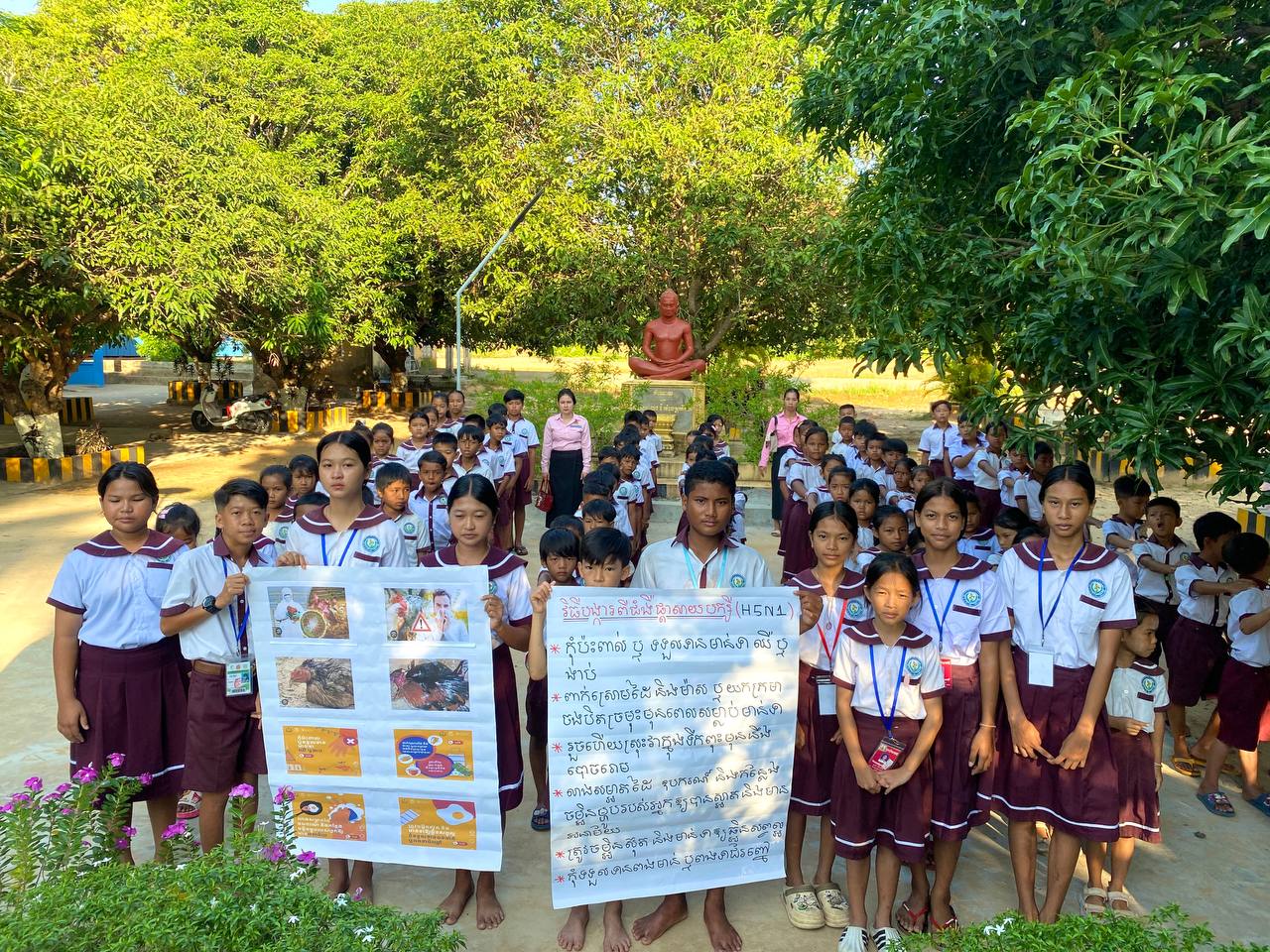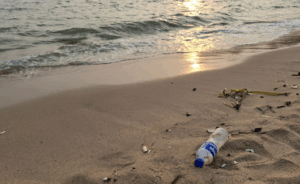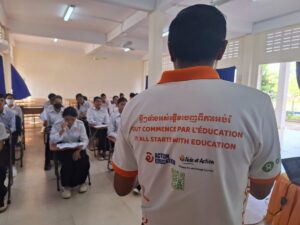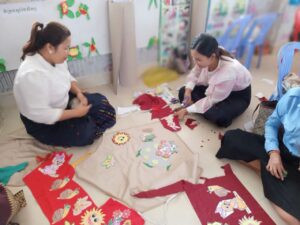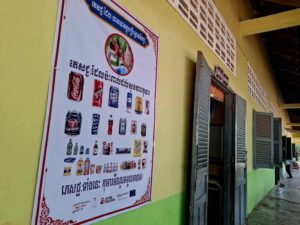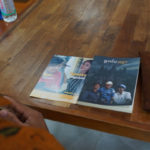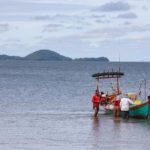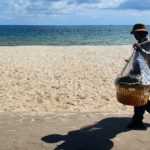Cambodia’s island populations often face significant health risks due to geographical isolation, limited infrastructure, and scarce medical resources—challenges further intensified by the growing impacts of climate change. Supporting community-driven health education in schools empowers them to prevent disease and build healthier futures from within.
Health is central to achieving Sustainable Development Goal (SDG) 3—ensuring everyone, everywhere, can live a healthy, dignified life. Yet, access to healthcare services and information remains unequal. Koh Sdach, a small yet vibrant island off the coast of Koh Kong, home to many fishing families, faces multiple pressures.
In such remote locations, these communities are often exposed to climate-related health risks, facing rising sea levels, coastal erosion, stronger storms, and frequent flooding. In addition, limited infrastructure, inadequate sanitation, poor water access, and transportation systems exacerbate challenges. A lack of health knowledge and misinformation often results in preventable illness and delayed treatment.
These conditions make public health education critically important—especially in the face of disease threats like avian influenza (H5N1), which can spread rapidly.
Co-Action: Raising Awareness for Community Health
On 23 April 2025, Koh Sdach Primary School took proactive steps by organizing a health education session focused on avian influenza H5N1. The event was led by Dr. Yut Bunjieuv from the Kiri Sakor Health Center, in collaboration with Ms. Hen Solinda, the school’s principal.
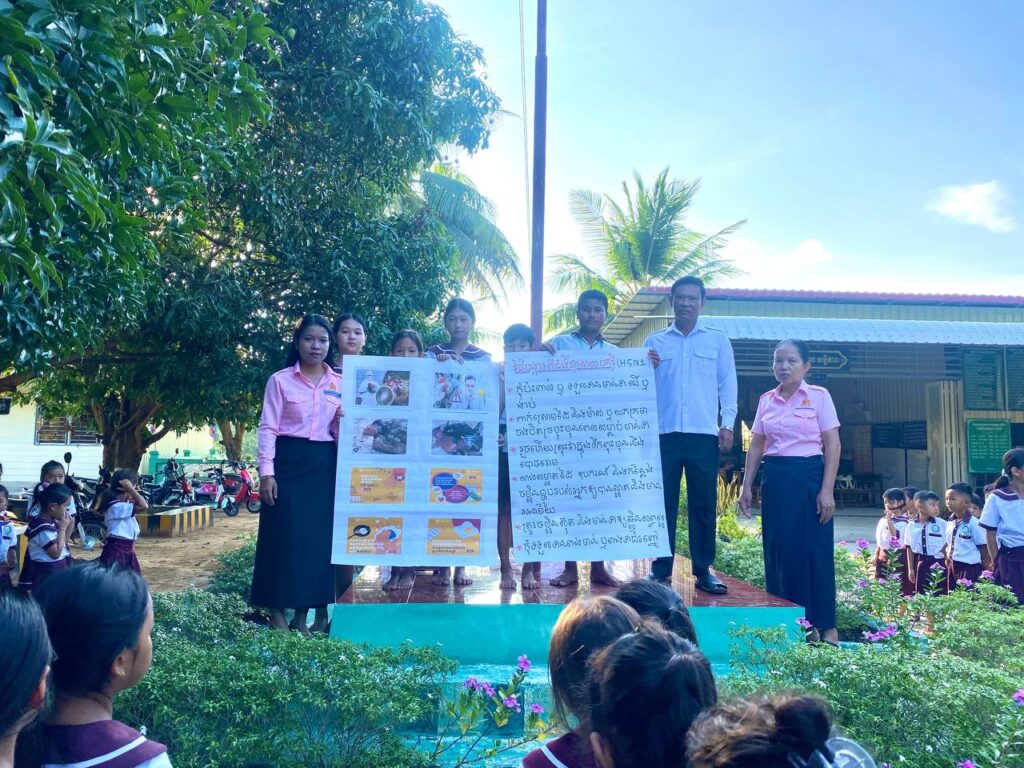
Together, they engaged students and community members in an interactive session, sharing crucial knowledge about how the disease spreads and how to prevent it. This case underscores the power of inter-sectoral collaboration—between schools and local health centers—in improving health outcomes in island communities.
Through the CO-SAVED project, co-funded by the EU, Action Education / Aide et Action (AEA) supports essential campaigns in schools in coastal and island regions. In 2024, 57 schools conducted 136 WASH, health and nutrition campaigns, reaching approximately 15,000 students.
Co-Impact: Strengthening Island Health Through Education
Awareness sessions empower both children and adults with the life-saving information they need to protect themselves and their families. In remote areas, especially on islands vulnerable to the impacts of climate change, schools become more than just places of learning; they serve as vital hubs of community health learning.
These initiatives build resilience and responsibility. Tailored to local needs, grassroots health education can spark meaningful, lasting change. That’s why continued investment in school-based health education is not just important—it’s vital. By investing in education, we invest in people’s capacity to live longer, healthier, and more empowered lives.
For island communities, it’s a pathway to equity, resilience, and dignity. Together, let’s promote a culture of care.
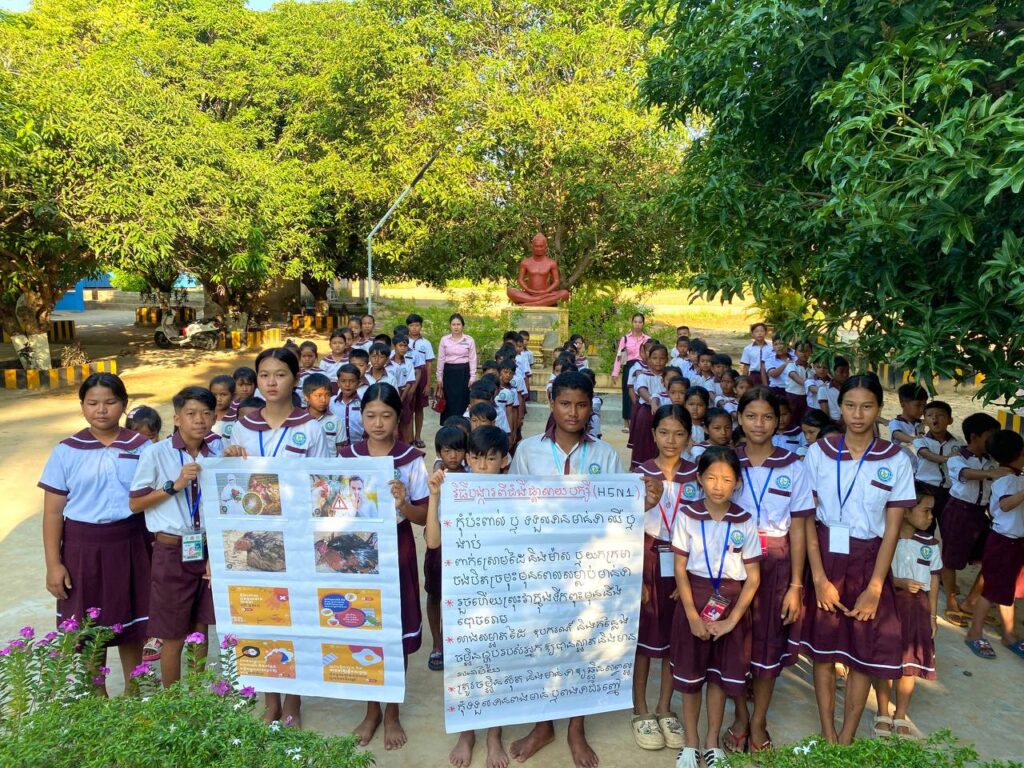
* Photos provided by Koh Sdach Primary School
